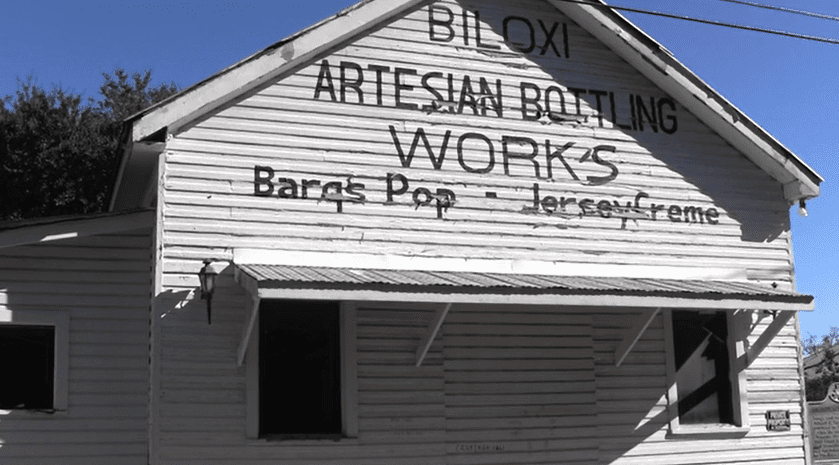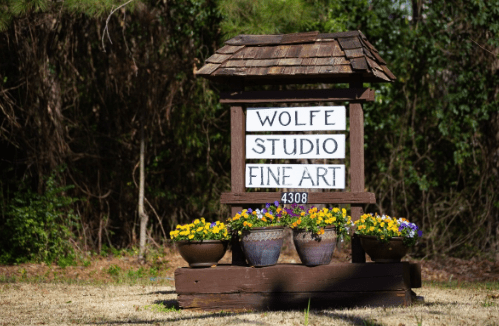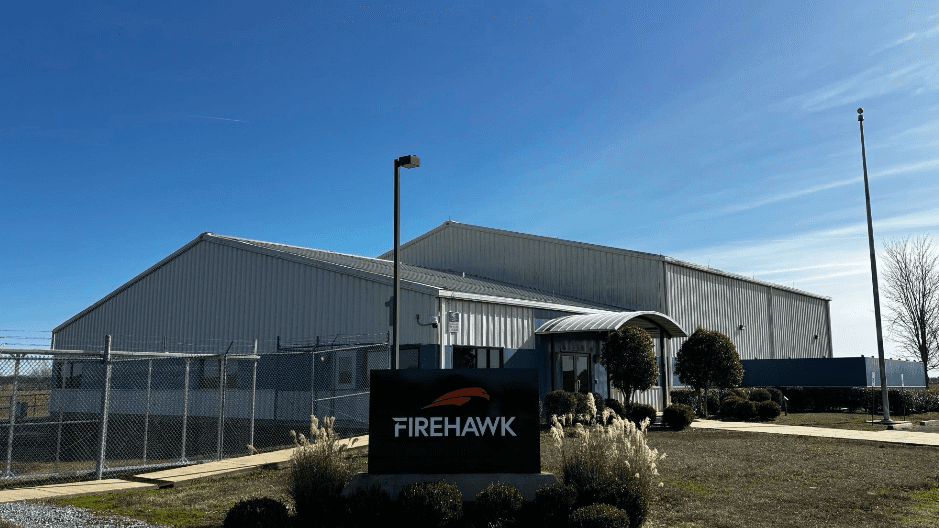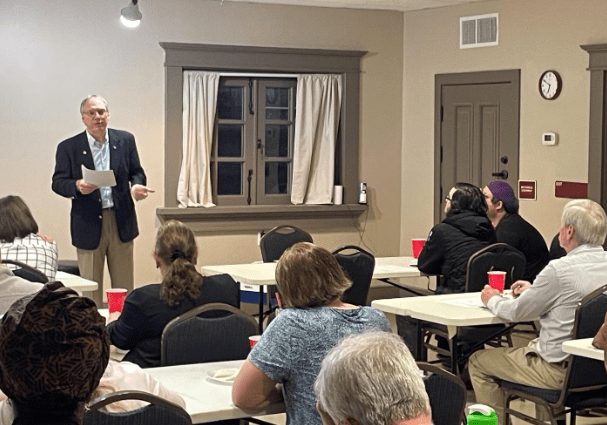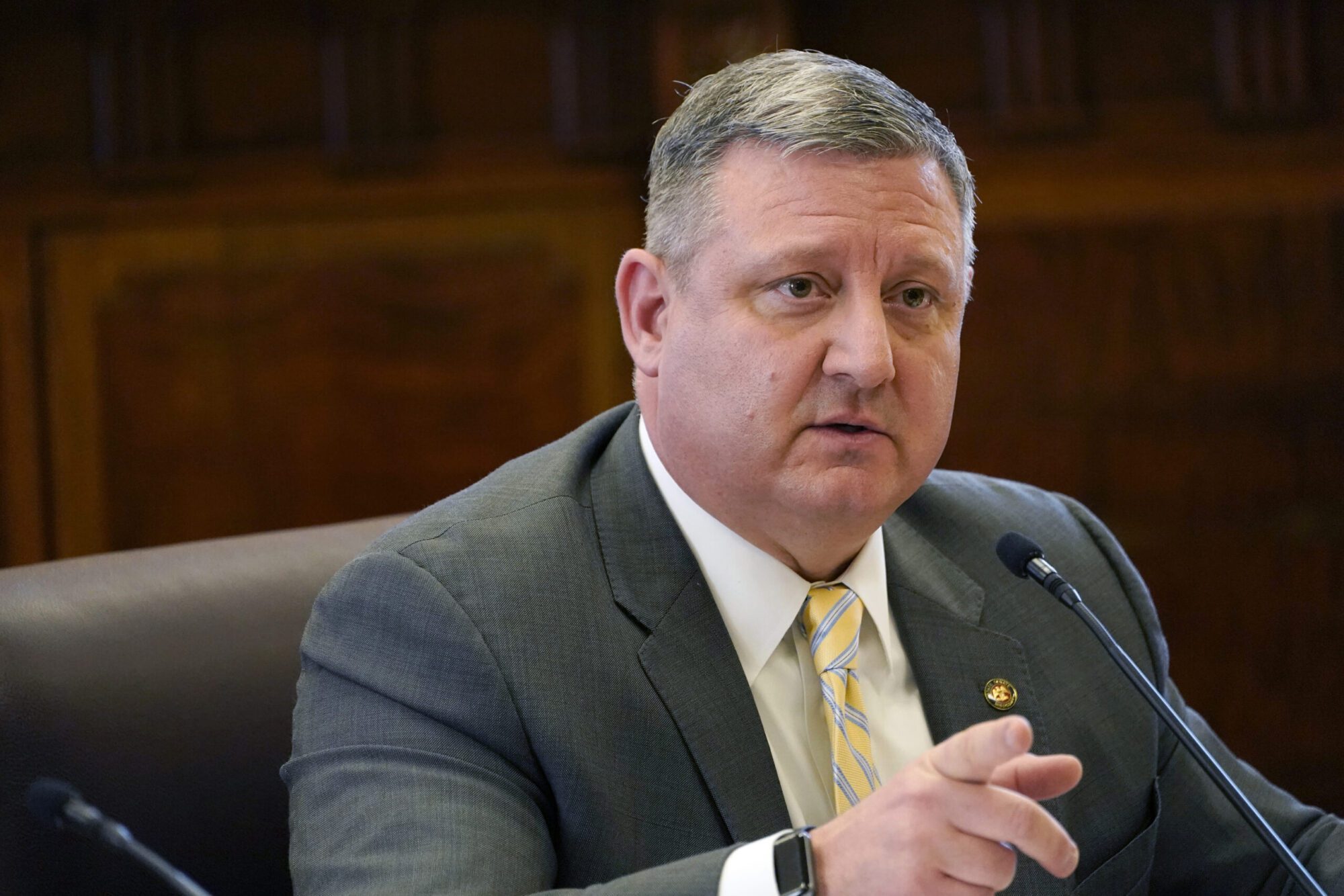
- A new interpretive center – rather than a museum – will tell the story of the Vicksburg campaign on the national stage.
Lt. Gov. Delbert Hosemann announced in a spring 2023 Vicksburg press conference that the Mississippi legislature had approved $10 million for the Department of Archives and History to help build a Vicksburg Civil War Interpretive Center for the Vicksburg National Military Park. Another $6 million was appropriated earlier this year.
More recently, the MDAH Board of Trustees approved the Chicago-based firm Perkins & Will to design the facility. The design phase is slated to take up to two years, and the final price tag for the interpretive center could be anywhere from $80 million to $120 million in a partnership between Friends of the Vicksburg National Military Park and Campaign, Warren County, the city of Vicksburg, the state, and the National Park Service (NPS).
Understanding the Civil War and its ripple effects is key to understanding Mississippi, and perhaps vice versa. The Vicksburg campaign and subsequent siege are studied as a paragon of military excellence and are widely considered a major turning point of the Civil War. Confederate President Jefferson Davis called Vicksburg–the last major Confederate port on the Mississippi River–the “nailhead that holds the South’s two halves together.”
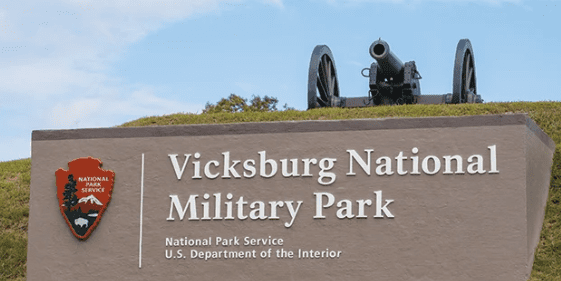
The Vicksburg National Military Park opened in 1899 on the site of the operation’s major battle to commemorate the campaign and its significance to the war at large. However, as reported by MDAH’s Brother Rogers in Magnolia Tribune last year, the current visitor center “is so outdated that many visitors simply skip it altogether. A new state-of-the-art Civil War interpretive center is long overdue. Gettysburg has one, and Vicksburg needs one.”
Built in the 1960s, the visitor center is home to an exhibit with a few choice artifacts from the siege. But this small museum is limited in the stories that it can tell. The main purpose of a museum is to collect and display historically significant objects. Interpretive centers differ from museums in that they seek to educate visitors about sites of historical, cultural, or natural significance using specific means of communication, many of which may be more user-friendly or interactive.
Where museums are more focused on preservation, interpretive centers are more concerned with storytelling. Of course, there is overlap between these categories, but interpretive centers are certainly critical hubs for cultural and historical narrative. Situated in a state well-known for producing high-caliber storytellers, Vicksburg is uniquely suited for an institution of this kind. Readers may be familiar with other Mississippi interpretive centers like the Corinth Civil War Interpretive Center, which interprets the 1862 siege and battle of Corinth in the northeast corner of the state.
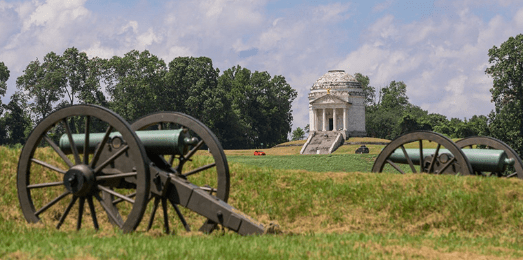
The new Vicksburg interpretive center is meant not only to tell the story of the decisive battle, but of Gen. Ulysses S. Grant’s protracted efforts to capture the city and their effects on everyday people–“soldiers, sailors, and civilians, both free and enslaved”–whose stories deserve to be told.
Replacing the current NPS visitor center, the new facility will be jointly operated by MDAH, NPS, and the Friends group. The details of this unique partnership are still coming together, but will make it one of several other visitor centers operated by the NPS in tandem with other organizations. The Gettysburg National Military Park has one such center. Its museum and visitor center is privately owned by the Gettysburg Foundation but operated by the foundation and NPS.
“MDAH is thrilled to play a leading role in telling this monumental story of the Vicksburg campaign,” Vicksburg project manager Megan Bankston told visitors at a November History Is Lunch event. “MDAH now owns approximately 12.5 acres adjacent to the park where the center will be built. Plans for the building and exhibits are well underway, and we anticipate opening in 2028.”
The project is also expected to have significant economic ramifications for the city and state. An NPS report indicated that in 2022, visitors to the military park spent $27.1 million in communities near the park, supporting 403 local jobs with a cumulative benefit to the local economy of $36.5 million. According to Rogers, the new interpretive center will add at least 250 new permanent jobs and create an additional total of $233 million in economic activity.
As essential as it is to Mississippi history, the Vicksburg National Military Park belongs to all Americans. The story of the Vicksburg campaign is a national story that deserves to be told on a national stage–one it will soon have.


